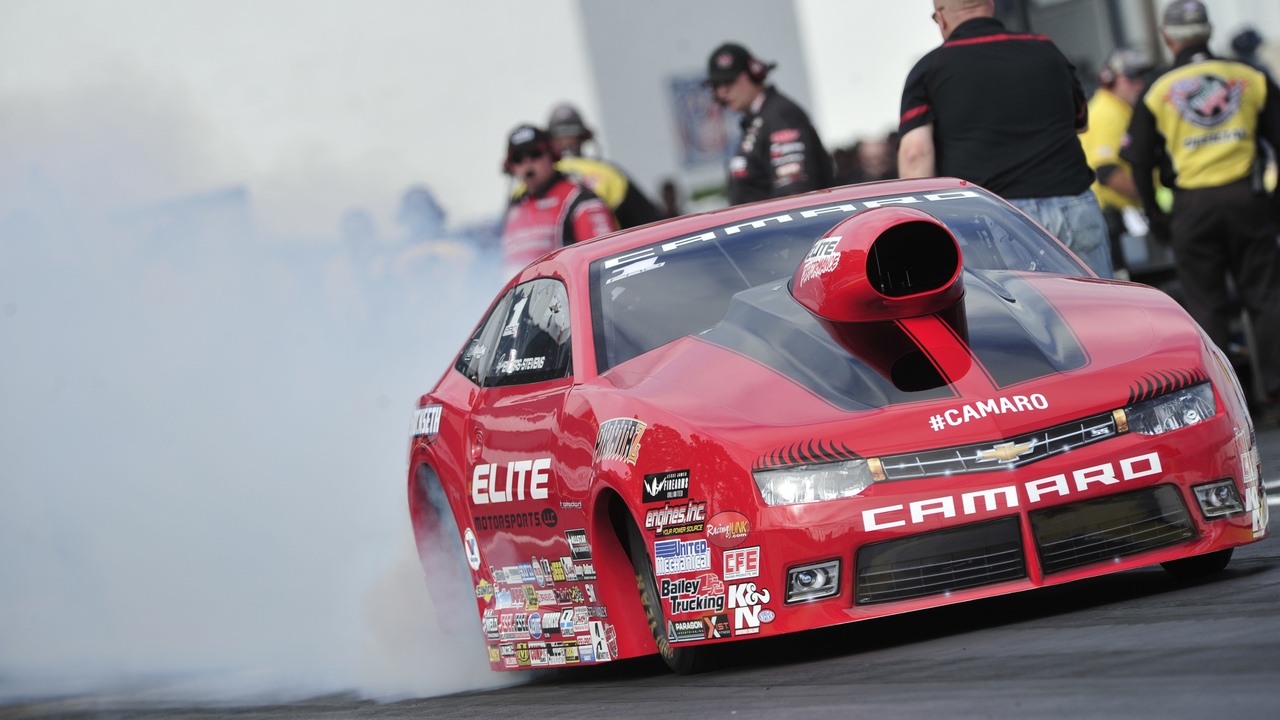Alright, pedal-to-the-metal folks! Let's grapple with the age-old question: are manual transmission cars the real deal for racing? Well, buckle up buttercup, because surprise, surprise, they often are! Manual cars provide a level of control unmatched by automatics, allowing racers to shift gears at the optimal time for a speed boost. Plus, the feeling of manually shifting gears can make you feel like a racing god! But remember, it's not just about the car, it's about the driver. So, practice those gear shifts and maybe one day you'll leave automatics in your dust!
July 2023 Motorsports Archive
July was a busy month at Ryland Motorsports Hub. We broke down a classic debate about manual gearboxes, checked whether drag racing counts as real racing, revisited Ken Miles’ Le Mans story, and listed every kind of formula series you can watch. If you missed any article, this roundup gives you the key points and a quick take‑away for each.
Gear Shifts, Speed Streaks, and Racing Myths
First up, we asked: Are manual transmission cars better for racing? The answer isn’t a simple yes or no, but the piece leans toward “yes” for most club‑level and amateur events. Manuals let drivers pick the exact rev range for each shift, which can shave tenths of a second off lap times. Plus, the tactile feel makes many racers feel more in control – almost like you’re part of the engine. The article also warned that a skilled driver can beat a faster automatic, but you still need practice to nail those perfect shifts.
Next we tackled a fun‑looking question: Is drag racing actually racing? The short answer is “absolutely.” Drag racing may not involve circles or overtaking, but the sport tests raw acceleration, reaction time, and power delivery. The post compared it to a sprint in athletics – it’s still a race, just over a short straight. Readers got a quick look at how drag strips time runs to the thousandth of a second and why those numbers matter more than any lap chart.
The historic side of the archive covered Ken Miles and his 1966 Le Mans drama. While the film “Ford v Ferrari” makes it look like Miles crossed the line first, the reality is messier. Ford forced the three leading cars to finish together, and a technicality gave the win to Bruce McLaren instead. The article highlighted the controversy, explained the tie‑rule, and reminded fans that motorsport history often has hidden politics.
The Formula Frontier
Finally, we answered the big‑picture query: How many formula racing series exist? Beyond the headline‑grabbers like Formula 1 and Formula E, the post listed Formula 2, 3, 4, Formula Renault, and the IndyCar series as part of the ladder that feeds talent up to the top. Each tier has its own car specs, budget range, and geographical focus, giving drivers a clear path from karting to the global stage. The piece also noted that newer series pop up regularly, especially those focusing on sustainability or regional markets.
All four articles share a common thread – they challenge assumptions and give fans concrete facts they can use the next time they talk shop at the track. Whether you’re debating gearboxes with a buddy, watching a drag strip for the first time, or mapping out a driver’s career, July’s posts aim to make the conversation richer.
Missed any of the original posts? No worries. Each article is still live on the site, and you can hop straight to the full write‑up for deeper dives, charts, and real‑world examples. Keep the engine revving and check back next month for more hot takes, race recaps, and behind‑the‑scenes stories.
So, folks, let's dive into the wild world of drag racing - and no, I'm not talking about RuPaul's Drag Race here! The question on the table: is drag racing actually racing? I would say it's like asking if cheesecake is actually cake (spoiler: it totally is). Drag racing may not be your traditional round-and-round-the-track type of racing, but it's a heart-pumping, adrenaline-soaked showdown of speed, power, and reaction time. So, in the great words of Lightning McQueen - Drag racing? Ka-chow! Definitely racing!
Despite his remarkable talent and contribution to the world of racing, Ken Miles did not win Le Mans in real life. Even though he crossed the finish line first in the 1966 Le Mans, he was not declared the winner due to a technicality. Miles was leading the race, but Ford made a decision to arrange a tie between the three leading Ford cars, which played against Miles. The victory was given to Bruce McLaren, who technically started from behind Miles, hence covering a slightly longer distance. This controversial decision denied Miles the recognition he deserved.
In the thrilling world of motorsports, there are several types of formula racing that captivate fans around the globe. From the renowned Formula 1, which is often seen as the pinnacle of motor racing, to the eco-friendly Formula E, each series offers its unique twist on the sport. Other notable series include Formula 2, Formula 3, and Formula 4, each serving as stepping stones for drivers aiming for the top. Additionally, there's the exciting Formula Renault and the prestigious IndyCar Series. So, all in all, there's a lot of variety and excitement in the world of formula racing for any motorsports enthusiast.



